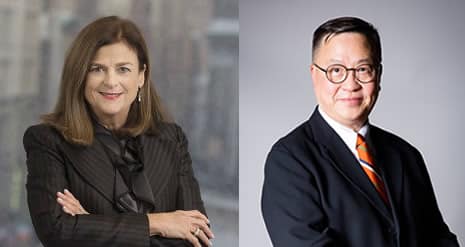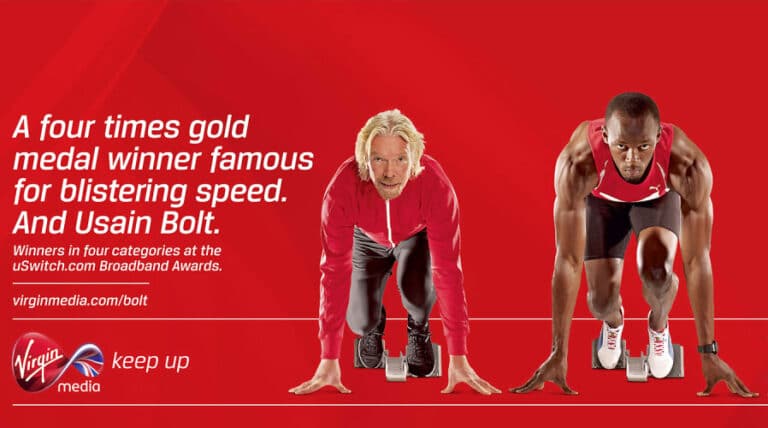Simon Wan speaks on Leadership
Karen Greenbaum the President and CEO of the Association of Executive Search and Leadership Consultants (AESC) interviewed Simon Wan, Chair and Chief Executive of Cornerstone International Group on “The Power of Authentic Leadership”.
Listen to the interview here:
Below is the transcript:
KAREN: Welcome to the Leaders on Leaders podcast from the Global Association of Executive Search and Leadership Consultants. I’m Karen Greenbaum, AESC President and CEO. In Leaders on Leaders, we explore today’s top leadership trends impacting global business with leaders from the world’s top executive search and leadership advisory firms. Today, we’ll be discussing the power of authentic leadership. I am joined today by Simon Wan, chair and chief executive, Cornerstone International Group. Simon, why don’t we begin with you telling us about Cornerstone International?
SIMON: Thank you, Karen. Cornerstone International Group was established back in 1989 in Los Angeles. Today, it is a global network of 60 offices with headquarters in Shanghai, China and also in Atlanta, US. We are happy to be invited today to talk about this important subject.
KAREN: Terrific. Authenticity is a word that comes up a lot in global business today. What does it mean to be authentic on a global scale?
SIMON: To me, Cornerstone is a global business as well as a local business. It is very important to look at globally on who we are and what we do, and also apply to the local levels to see what it really means to the customers of Cornerstone. To us, authenticity to me is to be truthful on what we can really deliver to the customers in today’s world.
KAREN: When you think about authenticity, not just at your firm, but in terms of the candidates we talk to, what does authentic leadership look like and what are the attributes of an authentic leader?
SIMON: Authentic leaders today, we could easily spot it if it’s in your organization. This is someone that really walk the talk and they are direct with open and honest talks, and also, they are empathetic to problems and issues facing the candidates or the corporations. These are people that have grateful hearts and then also with passion to help others do their thing.
KAREN: Terrific. How do today’s C-suite leaders demonstrate authenticity to their teams and to their stakeholders?
SIMON: I think this is not just a speechwriter or someone that can talk well in their work. This is someone that are being watched every day in their company on – they are the ones that actually walk the talk and have the ambitions and honesty to talk about the challenges facing the company as well as pointing to the ways possible to go over and succeed for the company as a whole.
KAREN:That’s really clear, but can authenticity be developed in leaders or is it something that you just have?
SIMON: To me, Karen, this can be developed with a careful structuring of helping the leader to be self-reflective on his own self and the commitments and the visions and the value of the company. Because if the person is really authentic and truthful to his own meaning and purpose of life, if it’s also the same culture and value and missions of the company, they would really do wonderful things because the authentic leaders would drive the initiative from his own heart not just because of the paycheck.
KAREN: One final question, what do businesses ultimately gain by having authentic leadership?
SIMON: I think any business for the long-term has to show – share their value that really means – that are really helpful for the development of the company. If the companies are not truthful and not honest on what they do, one day quickly it will backfire on the company. The chief executive or HR directors of the company are the first to know because there are many companies today being caught by not being truthful and not being sensitive to the stakeholders and the customers and the staff. We have so many stories in today’s corporate world, hearing stories in Hollywood, hearing stories in politics of what could happen to the issue of being challenged of not being authentic.
KAREN: I said that was my last question, but I have one more question for you, Simon. This is a bonus question. We talked about authentic leadership and I also know that there’s a shortage of top talent. Not all talents, but the very, very best talent. How can authentic leadership and organization with that kind of leadership be an organization that attracts the best talent?
SIMON: It comes in two ways, Karen. First, it’s for existing talent team, the leadership team. I think the best companies or organizations have a way to have a culture and environment that help leaders to learn new ideas as well as to unlearn things that they did in the past that are not fit for the future. Because for future-ready leaders, they need to really look forward and elevate a step higher than what they have done in the past. The only way to do it is that that person, the leader, the chief executive, has to feel that they need to make those changes. In the business term, we call it vulnerability. They must feel vulnerable and able to unlearn and learn new things for the benefit of themselves and for the company.
KAREN: Simon, thank you for taking the time to share your insights today. Listeners, thank you for joining us for Leaders on Leaders. For our next Leaders on Leaders discussion, stay tune to aesc.org. Thank you, have a great day.
This interview originally appeared on the AESC’s Leaders on Leaders podcast






